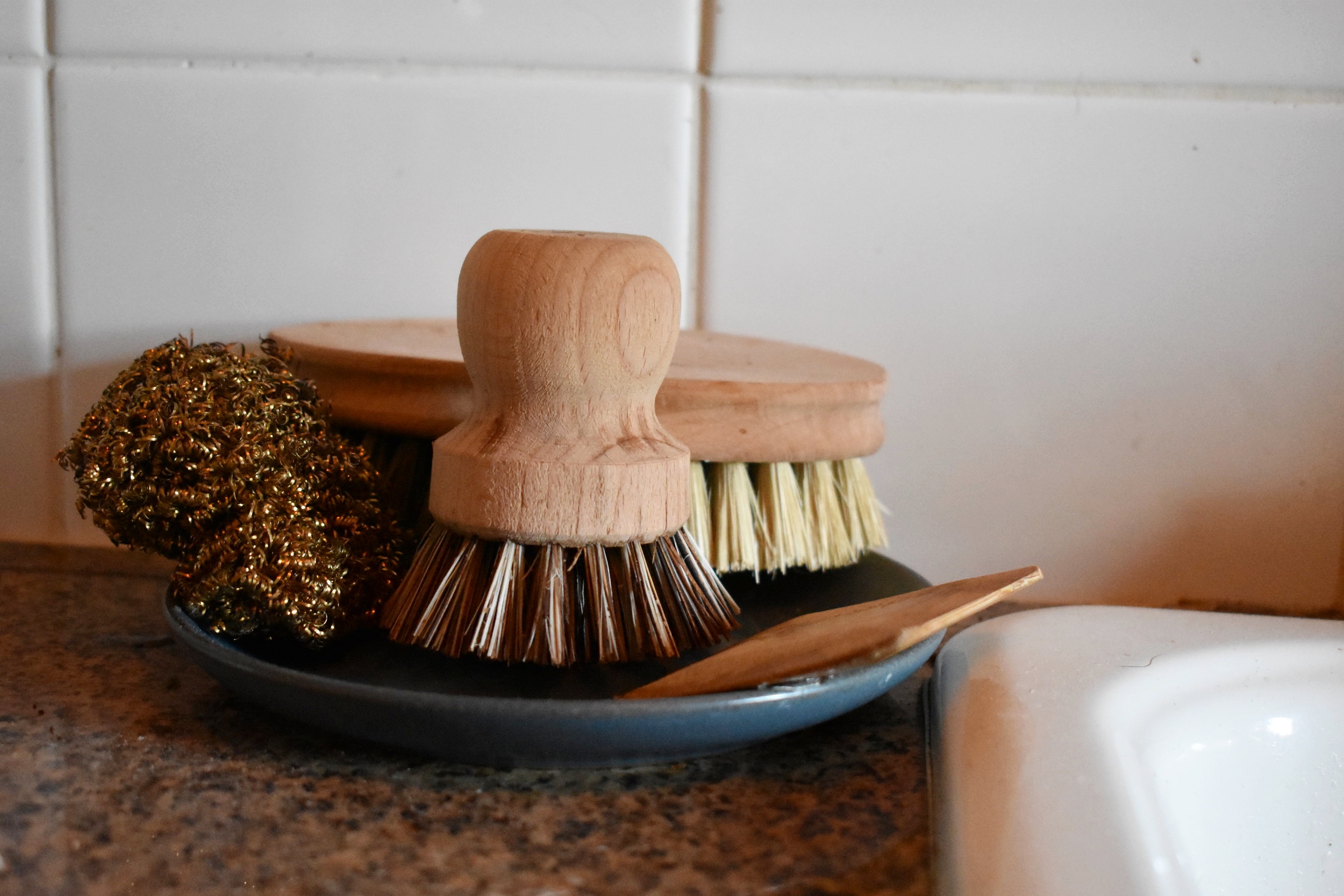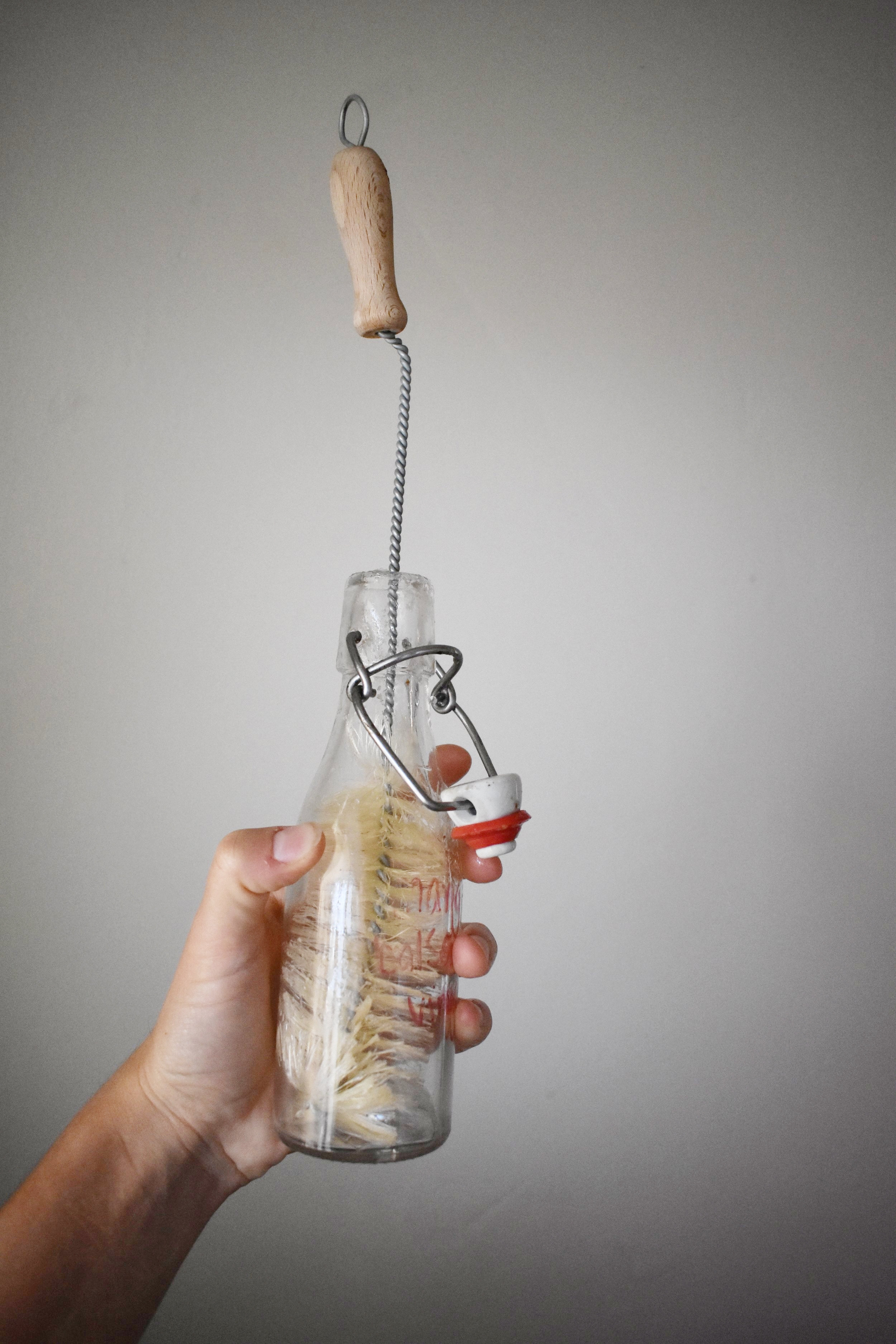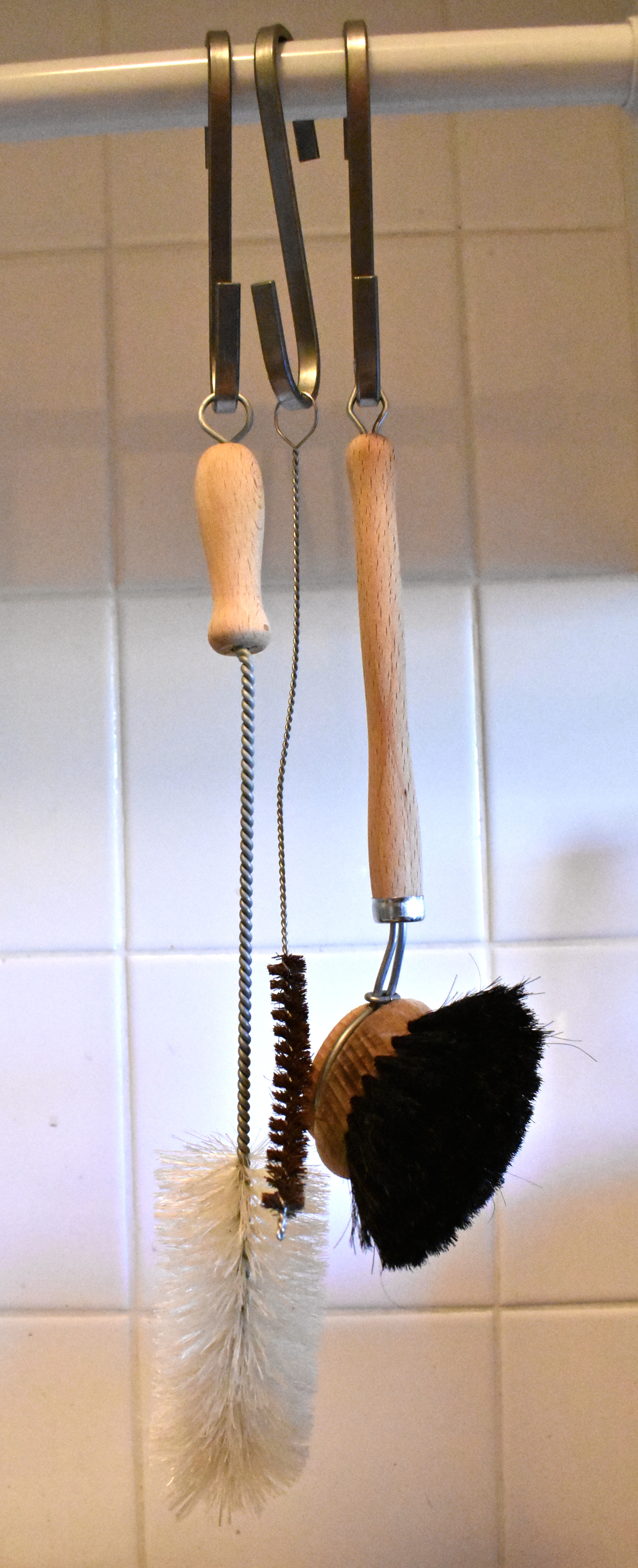There's a lot to be done to reduce waste in the kitchen. But one of the first places you can start is ditching your sponge for some natural for natural brushes and scrapers.
Your sponge is gross.
Don't worry, it's not personal. Everyone's sponge is gross.
According to a recent study published in the distinguished scientific journal Nature there are up to forty-five billion microbes per square centimeter on your sponge. As NPR put it "that's like stuffing all the people who live in Manhattan into the Rockefeller ice rink."
However the line that really got me in this paper was that "kitchen environments host more microbes than toilets ... mainly due to the contribution of kitchen sponges."
Yup, your kitchen sponge is what makes your kitchen harbor more microbes (mostly bacteria) than your bathroom.
But before you freak out, the bacteria that would actually make you ill (pathogenic bacteria) were very uncommon and made up only about 1% of the bacteria found on sponges. So in all likelihood, you are probably not going to get really sick from your sponge, especially if you clean and replace it often.
But shouldn't there be a better way than microwaving and throwing out a plastic sponge every few weeks to prevent dangerous bacteria from building up? Yes, there should be (especially for those of us without a microwave!).
Ok, my sponge is gross. are brushes actually cleaner?
A quick google search will lead you to plenty of sites saying that "dish brushes are more sanitary than sponges." But I haven't been able to find any science to really back this up. So I'll give you my personal argument for them, but none of this was tested in a lab.
Ok, so science has held up that sponges are a hotbed for bacterial activity, and although pathogenic bacteria are rare, they can still occur. This is especially common when sponges are used on items that came into contact raw meat. It is recommended that sponges are cleaned daily and replaced every 1-2 weeks. This is a significant amount of plastic just to clean your dishes.
Dish brushes also probably harbor lots of bacteria simple because they are constantly coming into contact with food and humans. However, since dish brushes dry much more quickly and easily than sponges, they are not as iddlic for many bacteria, which prefer warm, moist environments. So there is a good chance that dish brushes are less habitable than sponges for bacteria.
However, from a zero waste perspective all that sanitation is really just icing on the cake. Dish brushes are just as effective at cleaning as sponges, last longer, and are completely plastic free! You can upcycle them when the bristles are worn out, burn them, or just throw them in the compost pile.
What Brushes are the best?
Stay away from plastic dish brushes which are just as bad as kitchen sponges for the earth. The number one thing to look for is that your brush is made out of natural, biodegradable materials. Some common materials are:
- stainless steel
- bamboo
- palm fiber
- Tampico Fiber
- boar or horse hair
I personally get most of my brushes from Redecker and Klean Kanteen. They both make high quality products and follow strict labor regulations.
essentials:
- Soft Dish Brush - this guy has a long handle and is what I use the most
- Bamboo Pot brush - this brush has tougher bristles, so it works on those caked on items
- Bamboo/Steal Bottle Brush - if you are making the zero waste switch, you are going to have lots of jars, bottles, and reusable coffee cups that need cleaning and this brush will become your best buddy.
- Bamboo Pot Scraper - this little hand piece of bamboo is really helpful for getting off that caked-on, doughy, or stuck food.
optionals:
- Vegetable Brush - I like to have a separate brush for veggies
- Copper Scrubber - this is the replacement for steel wool, and is recyclable after use
- Straw Cleaner - if you're going the reusable straw route, I definitely recommend these! I got mine from Klean Kanteen, but you can find them on Amazon too.
You still need to clean your brushes
Just because dish brushes probably harbor less bacteria than sponges doesn't mean they don't need to be cleaned. So follow these guidelines to keep your brushes nice and sanitary!
Always remove food particles that lodge in bristles by holding the brush under running water until all particles are gone, allow to dry.
Daily(ish): Remove any greasy, sticky residue by rubbing a few drops of dish soap into the bristles and the handle. I sometimes rub two brushes together or use my hand. Rinse under hot, running water. Hang to dry. Some people run their brushes through the dishwasher, but I don't have one so I haven't tried this.
Weekly: If you use your brushes every day, then sanitize once a week. If you use them less, then maybe once every 2-3 (but keep them dry when you're not using them!). Soak the bristles in vinegar (white or apple cider) for 1-2 hours. Rinse and hang to dry.



